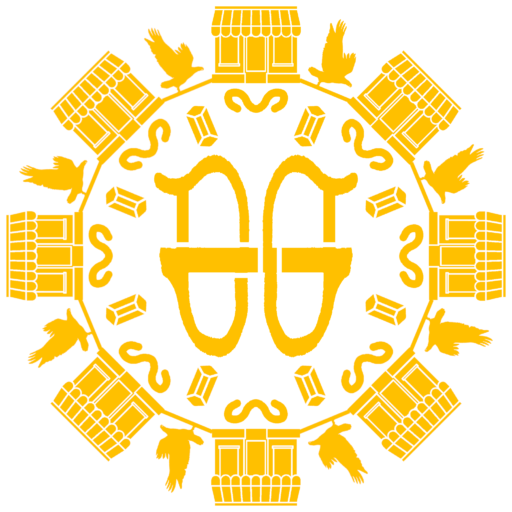DISCLAIMER: This article was originally posted on Odyssey.
For my final semester in Monmouth University, in order to appease my 200+ level Language course requirement, I decided to settle with an independent study course personally arranged by my Spanish professor, who is also a professional linguist. This independent study course involved researching the Coptic language and writing its history, from the ancient Egyptians to the Copts during the Islamic rule in Egypt to the present and concluding with the future.
As such, this involved learning about the changes that occurred. This happened when the hieroglyphics typical of ancient Egyptian tombs began to be transferred onto Greek script when the Ptolemaic era began. Along with the physical change was the inclusion of loanwords from the Greeks, which I have noticed borrowed words for abstract concepts such as \”love.\”
For the materials needed for this research, I could only find a few Coptic translations of parts of the New Testament in the Guggenheim Library, either in physically bound books or in digital articles in the databases. I also had to purchase from my own pocket a comprehensive etymological dictionary of the Coptic language. This is how driven you must be when committing yourself to an independent study course.
It also made me wary of how much research there actually is into the Coptic language. Besides the Biblical translations and the dictionary, there did not seem to be much information that did not include the complicated relationship between the Copts and the Arabs who would become the majority in Egypt today. I did the fact that I had to incorporate into my essay periods in Egyptian history when either Copts flourished under a renaissance or they were persecuted. Although both scenarios depended on which rulers were in charge, what did matter was that the result was still the same, that the Coptic language became more reserved into a liturgical language.
I had to work that information into my essay by describing an event during Egyptian Independence when there was a Coptic-language newspaper being circulated which encouraged all Egyptians, whether they were Coptic or Arab, Muslim or Christian, to learn the Coptic language in order to reconnect themselves to the Egyptian landscape of pharaohs and ancient civilization. Although Coptic and Arab relationships are bitter in modern Egypt, I argued that in order for the Coptic language to remain relevant, it would be necessary to appeal to the Arab majority not as Arabs or Muslims but as Egyptians. How that would be accomplished I have no idea, but it is a suggestion nonetheless.
I will say that if anyone is willing to try an independent study course, it would have to be in a subject that is not available at your university and it has to be something that you are deeply interested in. Unless you are self-directed in your scholarship and have a firm grasp on research skills, I would not recommend an independent study course. If you have to take an English elective and you are a huge fan of, say, the work of F. Scott Fitzgerald, you may suggest taking an independently driven course revolving around what makes Fitzgerald\’s work \”Fitzgeraldian,\” by finding common themes throughout his most famous works.
There will be moments, however, when there are circumstances that are beyond your control that you cannot do anything about. Not to derail this too much, but my professor\’s close friend who is Coptic had a divorce problem, so she did not make herself available to contribute to this study.
Because it was 200 level, there wasn\’t a lot of expectation being put from me, for all I had to do was to detail my research in a 10+ page paper, but I felt like it was not enough. When my professor told me that I did enough to satisfy the course, I told him that somebody still needed to care about the Coptic people and their plight.
I would strongly encourage taking it if it involves a project that\’s relevant to not just you but to anyone else in your university\’s community. In my case, I specifically decided to work with the Coptic language since there are collections of Coptic Orthodox Churches here in Monmouth County, New Jersey.
